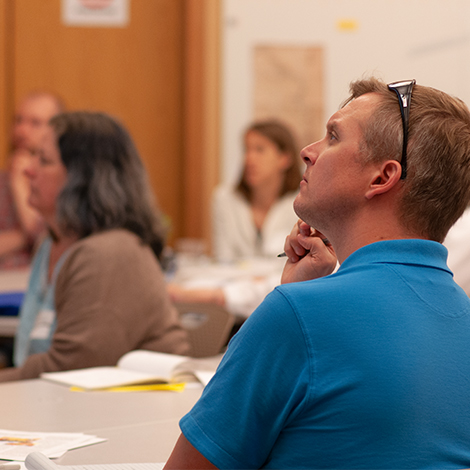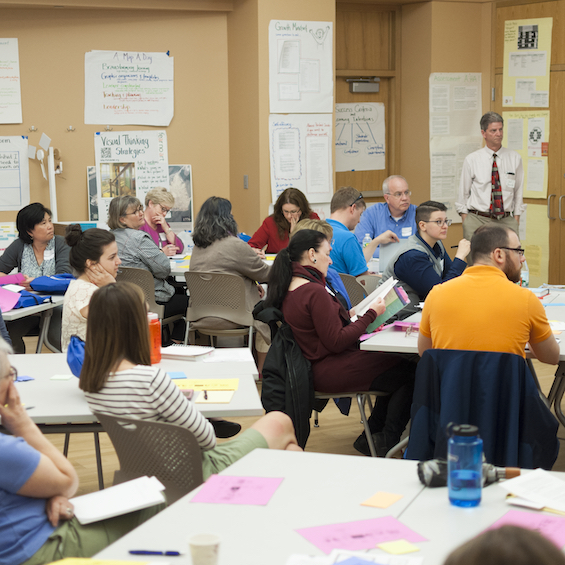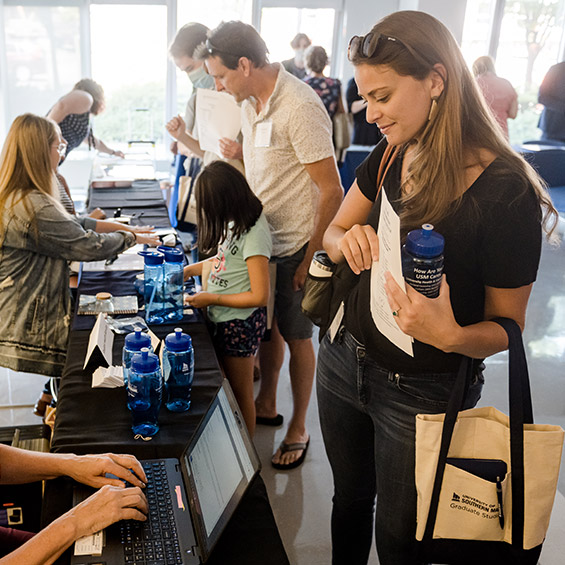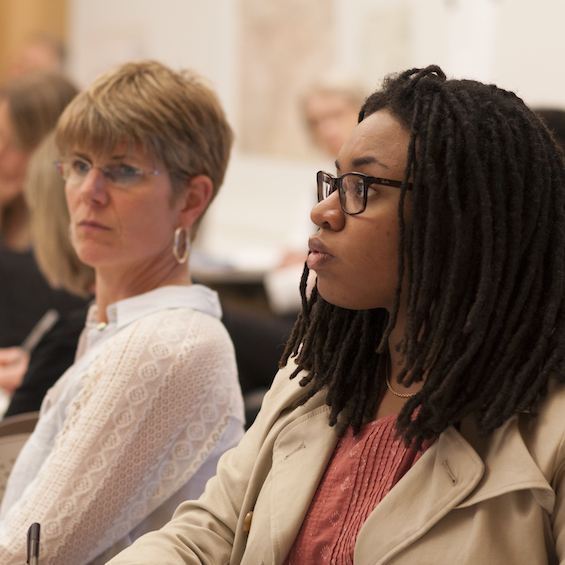Tuition & fees
Costs include tuition & fees. Tuition rate varies depending on residency. New England residents may qualify for a tuition break. See cost details
Credit hours
45 required credit hours. Most courses are equal to 3 credit hours. Browse course list
Financial aid
Over 150 graduate assistantships available with stipend & tuition assistance, plus scholarship, fellowship & research opportunities. Explore aid
Admissions
No GRE required. Next admission: Fall 2024. Apply by March 1, 2024. View application process & deadlines
Program highlights
Program requirements
Our program provides a rigorous post-masters education for experienced working leaders interested in influencing educational policy and practice. The curriculum integrates courses in public policy, educational policy and leadership, and research design and culminates in original dissertation research.
Deeply invested in student success
Our faculty are experienced educational leaders and researchers dedicated to the success of our students. Faculty conduct applied research and are involved with public policy at the state level. Their research interests include diverse approaches to leadership, teaching and assessing linguistically and culturally diverse students, rural education, and school change.
Put theory into practice
Through the dissertation process, you’ll equip yourself to discover, integrate, and apply knowledge as a transformational leader. Our graduate students gain experience in a broad range of research designs and use them as powerful tools to advance education policy.
Award-winning alumni
Upon obtaining their doctorates, our alumni have advanced their careers in K-12 teaching and leadership positions, education-based nonprofits and in higher education as faculty, researchers, or student affairs professionals. As leaders in their fields, alumni have also gone on to win local awards and accolades.
Scholarship opportunities
Scholarships offer financial aid that doesn’t need to be repaid. We encourage students in graduate degree programs to apply for scholarship opportunities.
Do you live in New England?
You may be eligible for a reduced tuition rate, as part of the NEBHE Tuition Break Program.
Connect with us
Our monthly Graduate Information Sessions are an excellent way to learn more about the benefits of our program, as well as our admissions and financial process.
Graduate student support
Our Office of Graduate Studies connects you with opportunities for professional development, scholarships, and graduate assistantships. They also foster our graduate student community through Peer Mentorship and the Graduate Student Board.
Frequently Asked Questions
Our interdisciplinary curriculum prepares you to elevate your career in K-12, higher education, and nonprofits. You’ll cultivate leadership strategies while building research and analytical tools to drive education policy at local and state levels.
Our graduate admissions counselors are here to answer your questions about the admissions process, our academic programs, and student support services.

Admission information: PhD in Public Policy — Educational Leadership and Policy Concentration
Application deadlines
We accept applications on a rolling basis and review them continuously.
| Application deadline | Fall term, 2024 |
|---|---|
| Final | March 1, 2024 |










